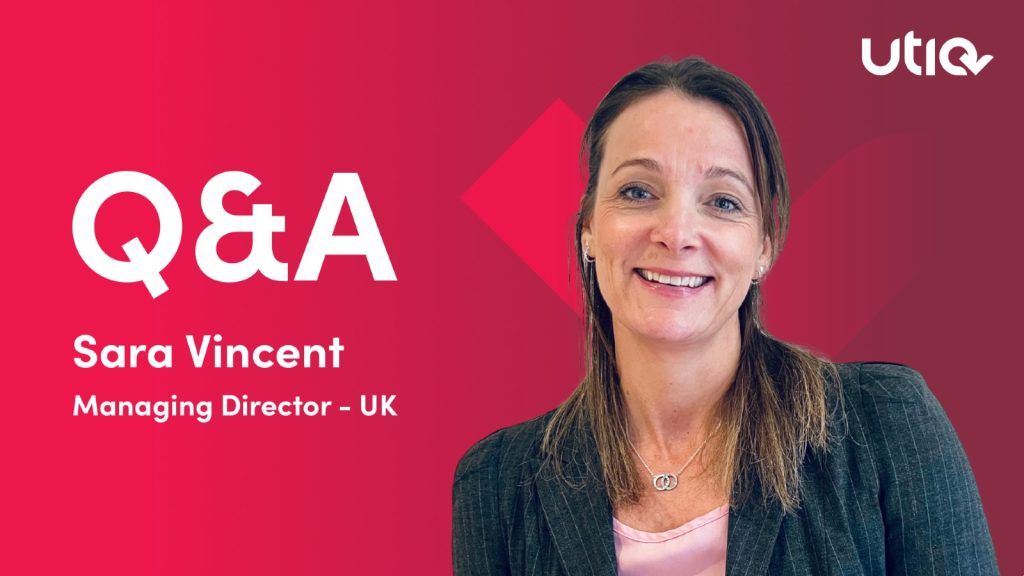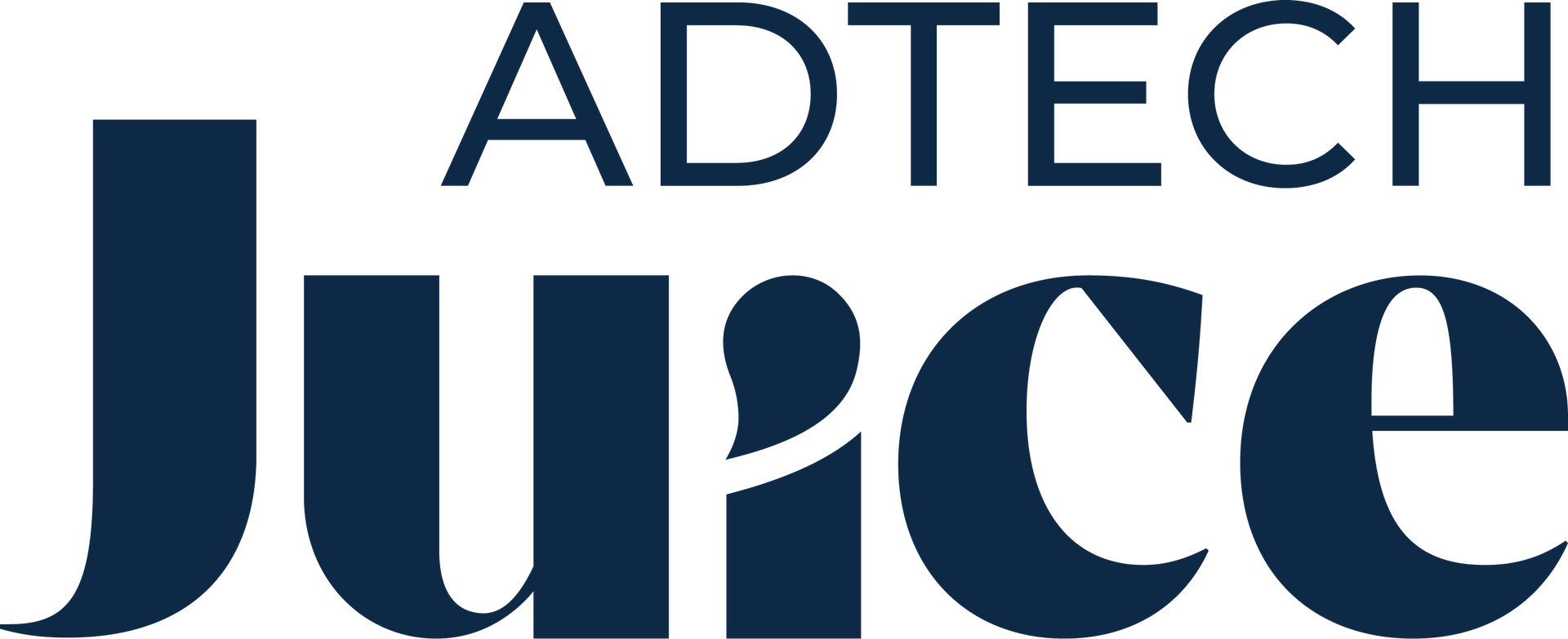10 Questions: Utiq’s Sara Vincent on the future of people-first marketing

Utiq UK MD Sara Vincent explains how the controversial demise of the cookie offers brands, publishers and the entire adtech ecosystem the opportunity to engage with consumers on their own terms…
You recently joined Utiq after five years at Index Exchange and four at Just Premium (now part of GumGum). What attracted you to the Utiq role?
My interest was initially piqued when I saw Utiq’s launch press release back in May 2023. The fact that it was a solution backed by the telcos was very interesting and gave it instant credibility.
Since then, discussions with the senior leadership team at Utiq have only cemented my belief that Utiq is solving a problem for the whole of the digital ecosystem in a truly privacy-compliant way.
Which are the telcos that are backing Utiq?
Utiq is a partnership between the four largest telcos in Europe: Deutsche Telekom AG, Orange SA, Telefonica SA and Vodafone Group plc.
The UK is the fourth market to launch the offering, following successful launches in France, Germany and Spain in 2023.
So what is the problem that Utiq seeks to solve?
Utiq’s clear purpose is to bring responsible, effective advertising and marketing to the open web, through a viable, scalable, accurate and sustainable solution.
Accurately identifying users has been a challenge for the industry for many years, alongside challenges around measurement, reach and frequency. Utiq can solve these issues with a very robust offering.
User consent and choice should be at the core of digital advertising – consented users drive better business outcomes and better responses.
Utiq gives users a very clear opportunity to consent, and also more importantly to revoke consent, for targeted advertising. The user has a choice, and that is as it should be.
How will that manifest itself for consumers, brands and publishers? How does it work?
For consumers, Utiq offers a very transparent way to give consent. This consent can be revoked at any time, either in relation to an individual brand or publisher, or for all brands and publishers a consumer has given consent to.
They can give or revoke this consent quickly and easily via a link on the brand or publisher site, or via our central consenthub on the Utiq site.
Brands that have Utiq enabled will be able to better reach, measure and focus their advertising. And significantly, Utiq is also fraud-free.
As the service is underpinned by a consent signal generated from a telco network signal, buyers can be sure they are targeting a real person.
Publishers benefit from Utiq by having a deterministic identifier, enabling them to target their marketing efforts better, as well as curate their inventory for buyers.
Do you also see benefits here for the adtech ecosystem as a whole?
Yes – Utiq is collaborative by design and intended to be a catalyst for industry-wide change, so the adtech ecosystem overall will benefit from Utiq becoming as ubiquitous as the third-party cookie, enabling a move to a digital ecosystem that is underpinned by accurate, consented identifiers.
That changes the game for everyone. There will always be advertising, so let’s make it responsible, trusted and supporting quality content in the open market.
Why do you feel this is the right time to launch a solution like Utiq into the market?
The timing could not be better. 2024 is going to be a pivotal year for the industry; brands, agencies and publishers are all prioritising replacement solutions for the third-party cookie, which is being deprecated right now in Chrome.
They are in a test-and-learn phase, and therefore the launch of Utiq in the UK could not be better timed.
Utiq is solving a very real, very timely problem in a privacy- and people-first way. We want to be a catalyst for change, helping create a trusted and responsible ad-funded internet with privacy-first data protection at its heart.
How will you convince each of those stakeholders – brands, publishers, consumers and the adtech ecosystem – to get involved?
Regulation is changing, privacy is of the utmost priority and ultimately, all stakeholders will need to work with partners who are compliant, so it’s less about convincing, more about educating all parties that there is a better way, that it exists today, and it will be future-proofed.
Data is becoming less accurate and abundant, putting the essence of the free-to-access internet at risk and increasing the dependency on “big tech” for scaled targeting.
Something has to change before the open web becomes less valuable for all of us.
We should also not ignore the fact that identifiable, authenticated users have enhanced value for both buyers and publishers.
We have seen this across the large walled gardens; Utiq is focused on bringing this to the open web, where users spend most of their time.
Is there a danger that publishers may fear their ability to run ads will be impacted if consumers don’t consent to seeing them, and that the same issue could affect brands?
If users opt to Decline All, they are choosing to not give their consent to be identified. As such, publishers will be more limited in what they can show that user.
In this case, the advertising will be more generic, and sold at a much lower value than authenticated impressions.
But we are confident that consumers will agree to engage with advertising from trusted publishers and brands if they are explicitly given the option to consent to it, and to revoke that consent at any time.
How has Utiq been received in Germany, France and Spain, where it launched in 2023?
Very positively. We are live across a number of large publishers in these regions, and have run successful proof-of-concept campaigns.
Generally, it’s understood that Utiq is a viable solution for the adtech ecosystem of today and tomorrow. There is also appreciation of the fact that Utiq is fully compliant with all privacy regulations and, frankly, can deliver better outcomes than alternative solutions.
What does advertising and marketing look like in a future enabled by Utiq?
In actual fact, the future is here, now, and it’s great for people, brands and publishers. Users are empowered to give their consent and understand how and why they have given it, with confidence that their data will not be misused.
As such, advertising can be more targeted, relevant and resonate better with the target audience. Brands will know that their advertising is being seen by a real person, and their media plans can become more efficient and crucially, more sustainable.
And publishers can monetise their inventory more efficiently thanks to an engaged audience of consented consumers. Less is more…
Also published in: Mediashotz



